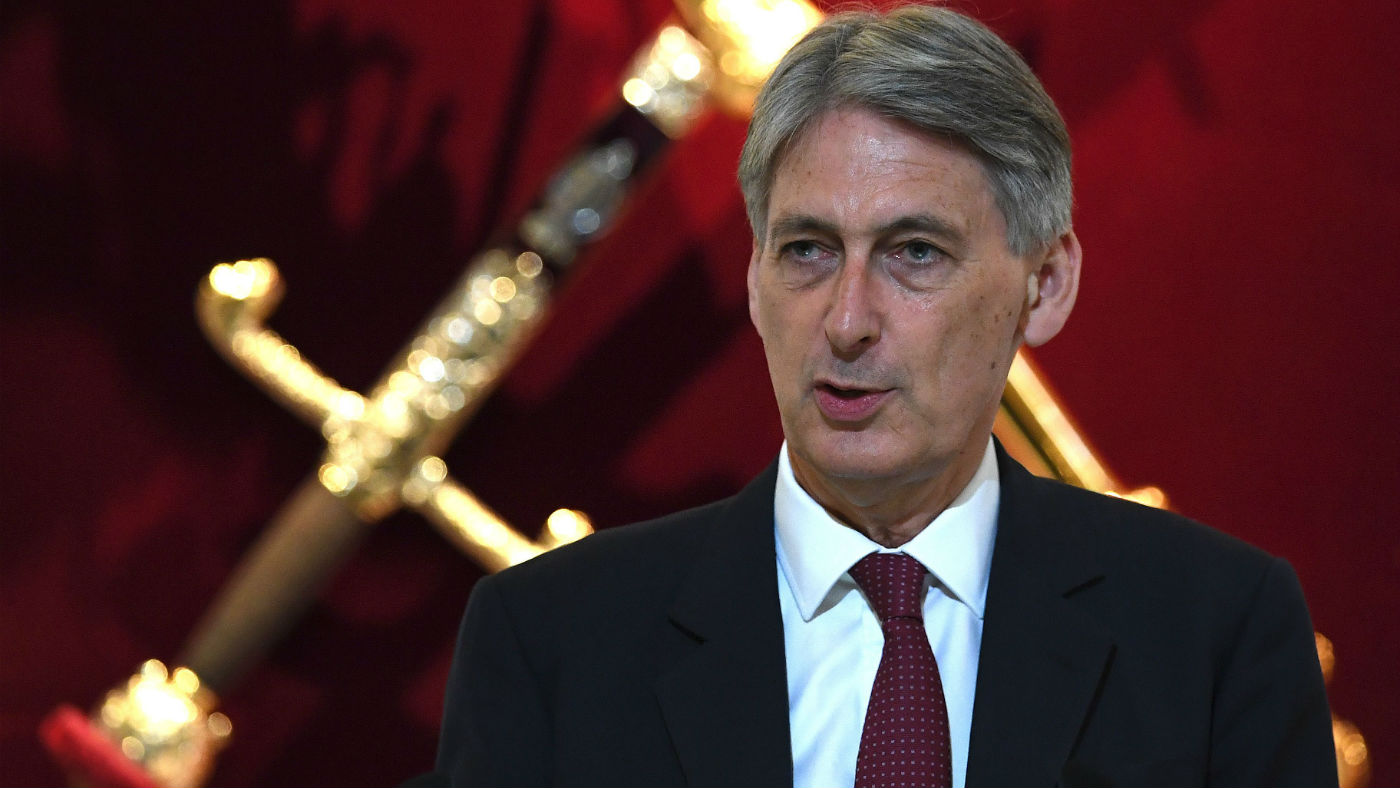Teachers and police 'suffer most under austerity'
Public sector pay cap has hit salaries by up to £3 an hour, says government report

A free daily email with the biggest news stories of the day – and the best features from TheWeek.com
You are now subscribed
Your newsletter sign-up was successful
Teachers, police and nurses are feeling the biggest impact of the Tories' controversial one per cent pay cap on public sector workers, according to a government report.
According to the Office of Manpower Economics (OME), an average teacher saw their pay fall by £3 an hour in real terms, while police officers experienced a drop of £2 an hour. The wages of nurses have stagnated.
Researchers from the OME, which provides independent research to official pay bodies, examined ten groups that have their wages set by pay review groups and found they had all seen wage decreases or stagnation.
The Week
Escape your echo chamber. Get the facts behind the news, plus analysis from multiple perspectives.

Sign up for The Week's Free Newsletters
From our morning news briefing to a weekly Good News Newsletter, get the best of The Week delivered directly to your inbox.
From our morning news briefing to a weekly Good News Newsletter, get the best of The Week delivered directly to your inbox.
Adjusted for inflation, hourly earnings of UK public sector workers dropped six per cent between 2005 and 2015.
Downing Street has said it would consider potential wage increases on a "case-by-case" basis, after Conservative cabinet members expressed their concern over the pay cap.
While Chancellor Philip Hammond last night urged his party to "hold our nerve" on the issue, his Labour counterpart John McDonnell called for an increase in public sector pay.
"The fact that some of the pillars of our community and the public sector such as teachers, doctors and police officers are seeing their pay cut exposes the double standards of a government that likes to praise their work but will not actually truly reward it," he said.
A free daily email with the biggest news stories of the day – and the best features from TheWeek.com